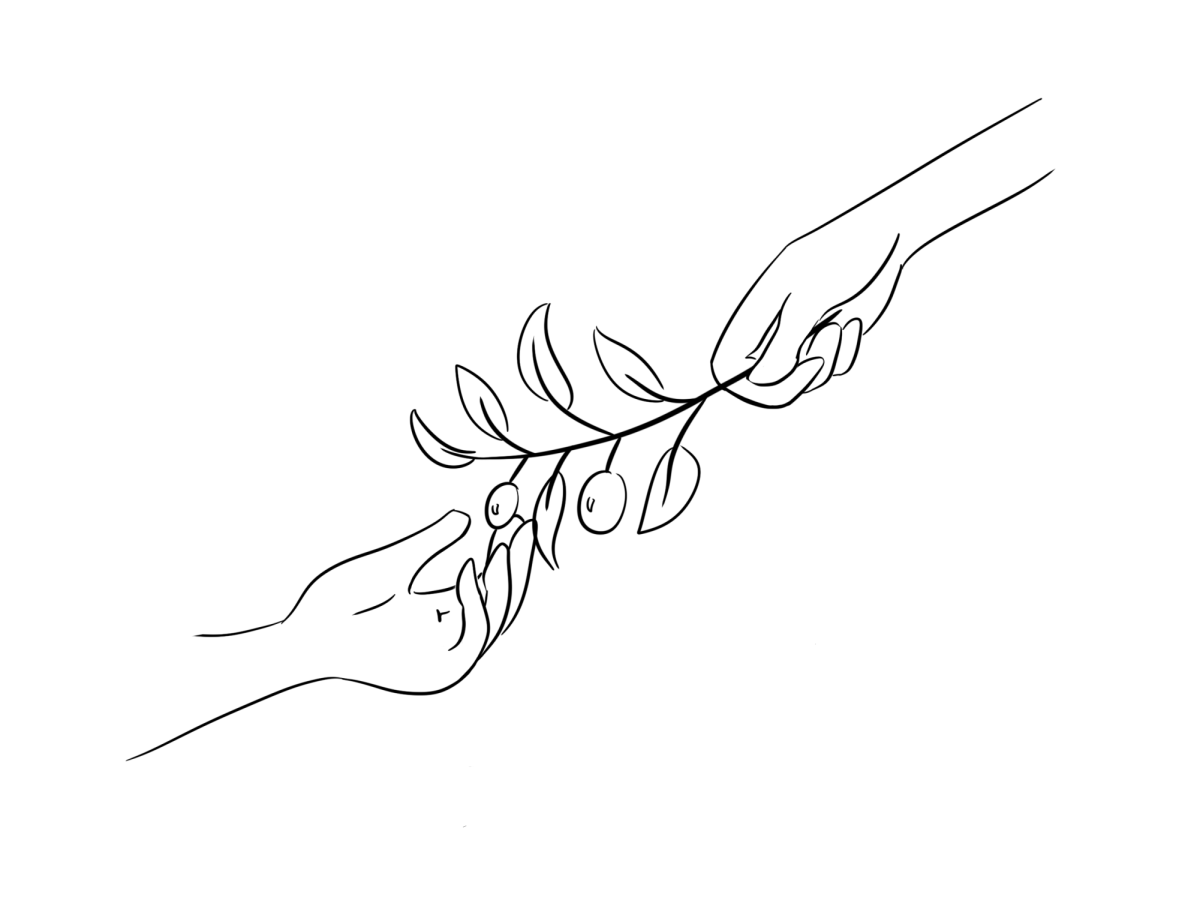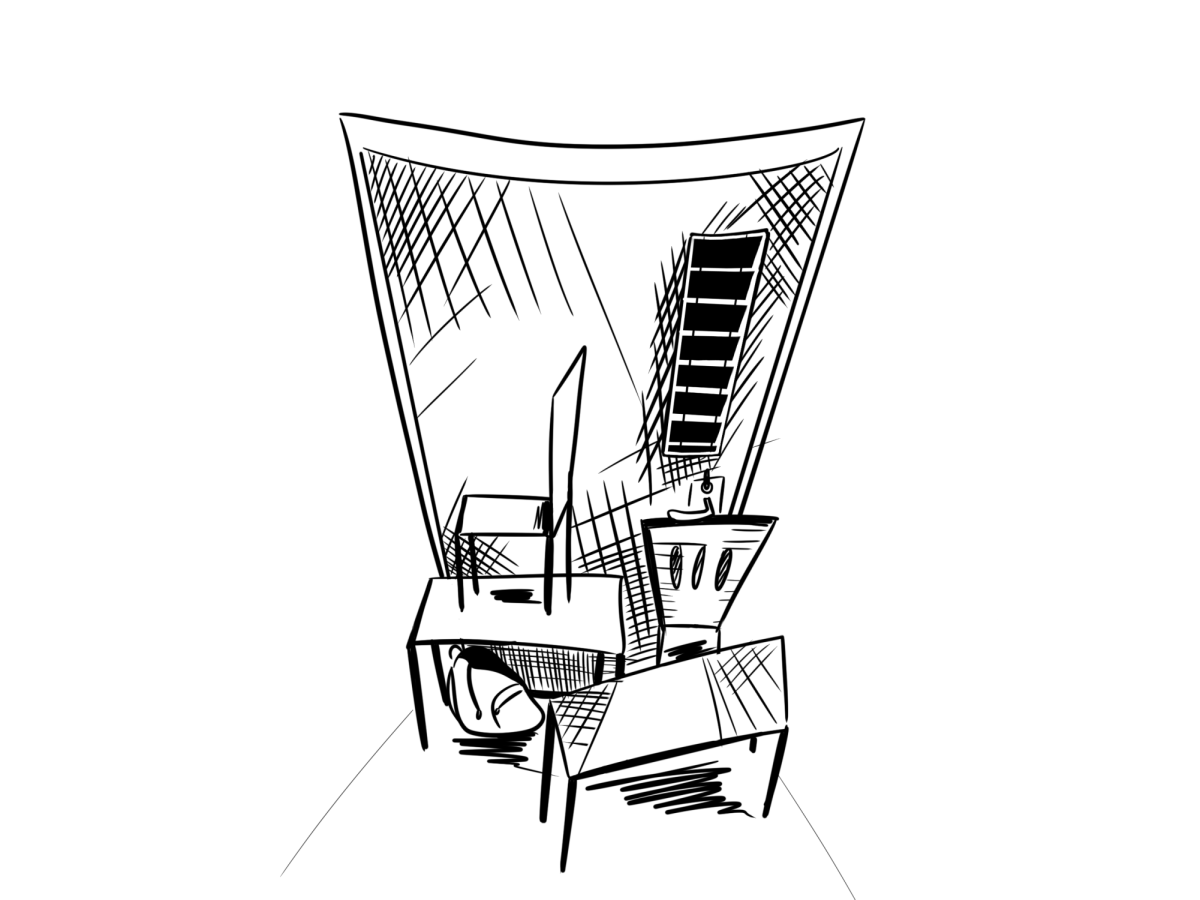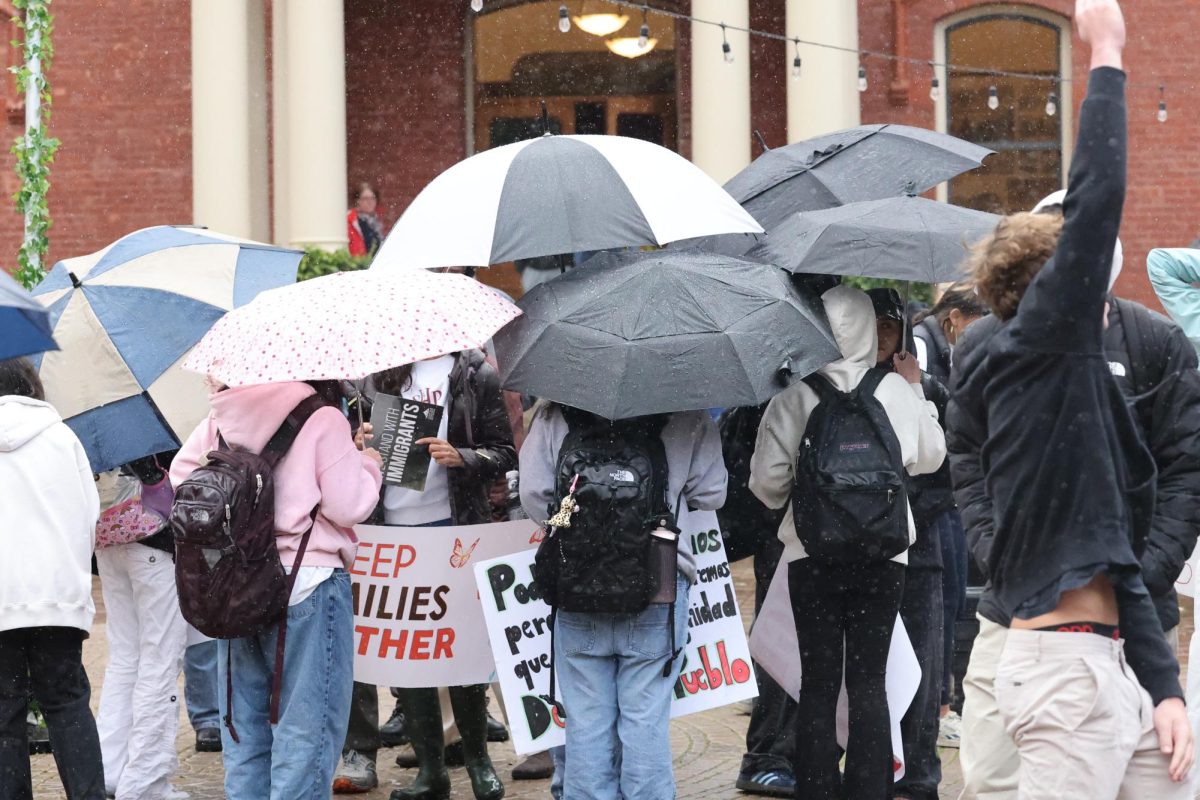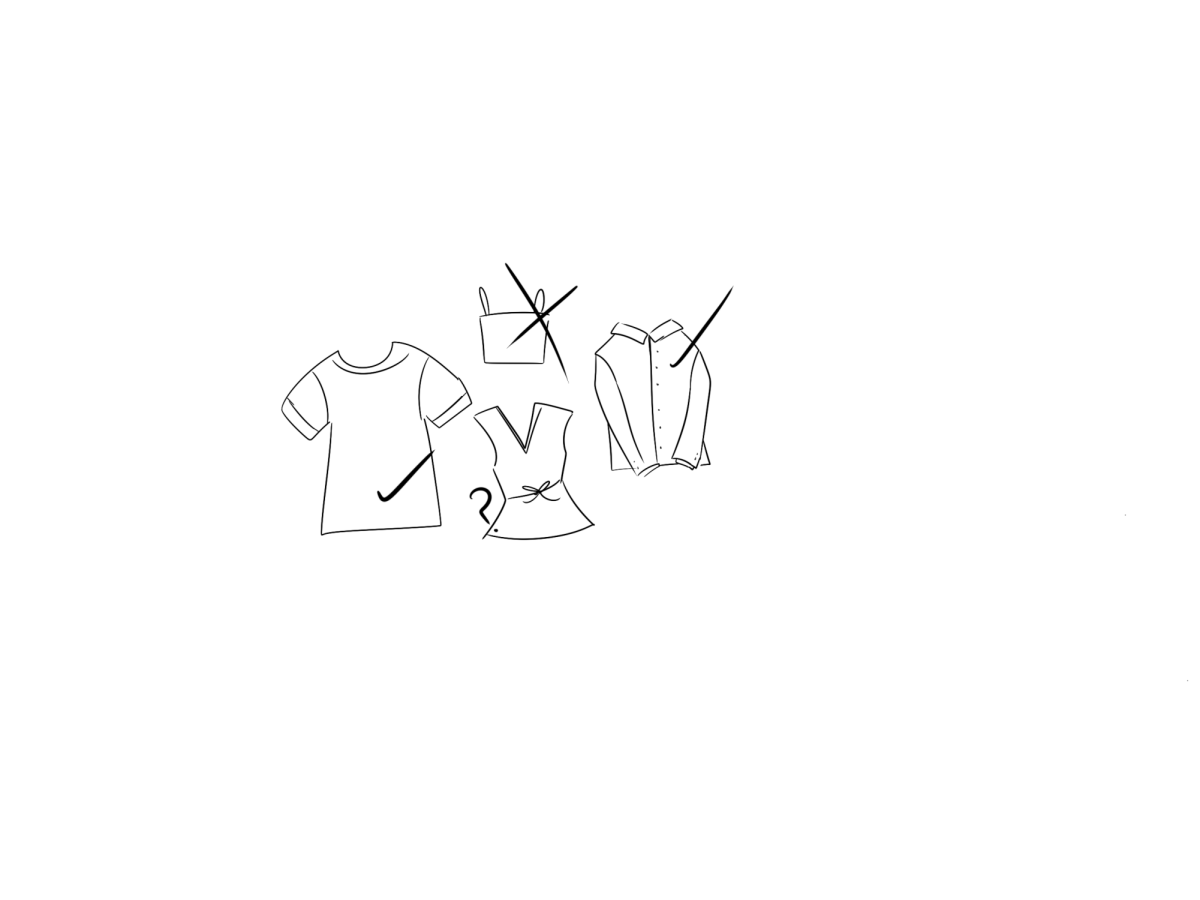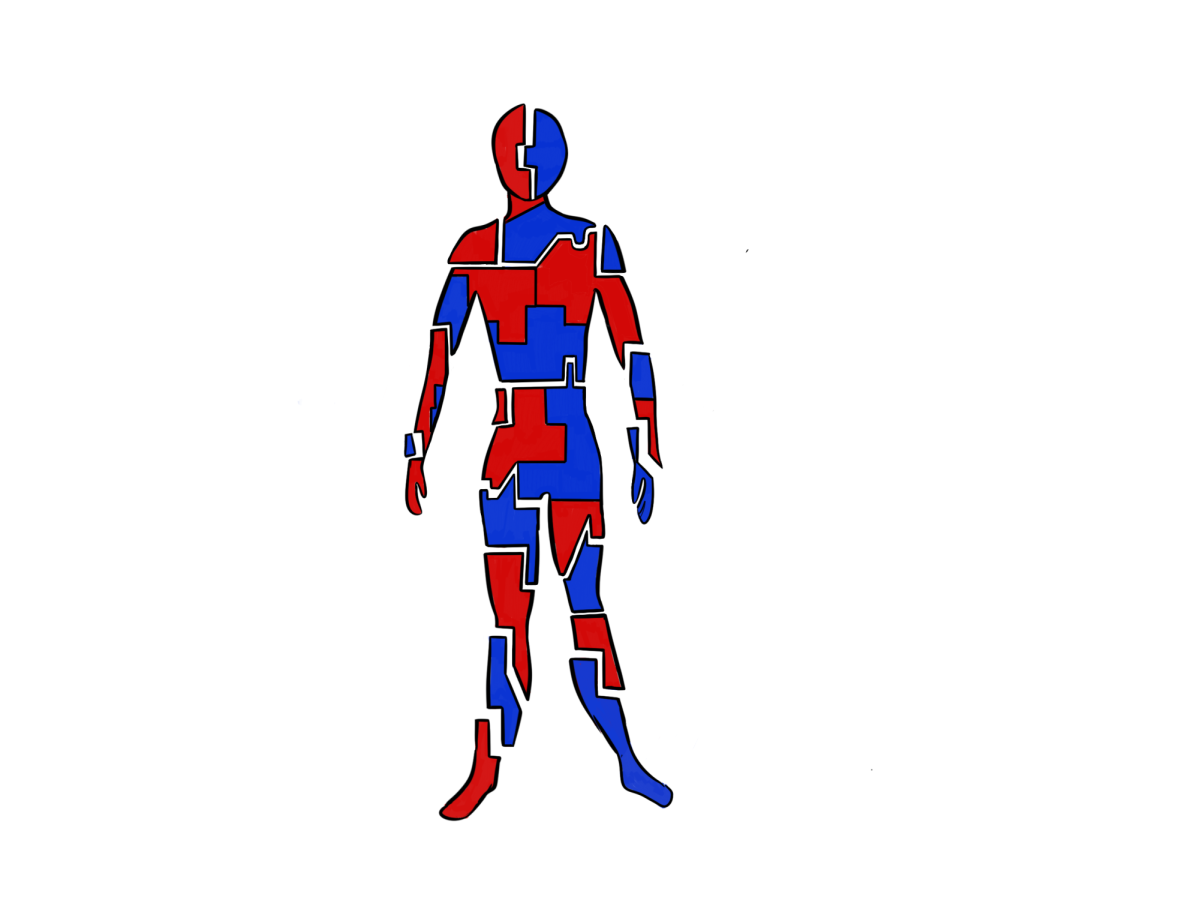Within the 2024 election cycle, there have been many debates on the subjects of voting, not voting, choosing the beneficial candidate for the country, and more. Major shifts in these debates occurred when it was announced that Vice President Kamala Harris would be the Democratic nominee instead of President Joe Biden. As presidential candidates representing the two major parties go at each other’s throats, some Americans do not want to vote for either candidate, because their political views do not align with them or what they stand for in this election. For these Americans, there are other choices on the ballot besides Harris and former President Donald Trump.
Many influential individuals have taken stances on an international scale; for instance, Pope Francis said that people should choose the “lesser of two evils” in this presidential election between Harris and Trump. He largely expressed his concern with regards to how candidates will handle humanitarian issues, saying that “both are against life…one is chasing away migrants [while] one…kills children;” in the former statement, referring to controversy with immigration policy, and, in the latter, referring to the abortion rights that Harris wants to reimplement, establishing abortion access as a nation-wide right.
Moreover, many people feel alienated by certain contentious ideologies held by the two candidates and their respective parties — such as the Democratic Party’s policy approach to conflict in the Middle East, or the Republican Party’s views on abortion rights. As such, there are various third parties which provide different represented views for Americans that do not see themselves being ideologically aligned with the two major political parties.
Not voting due to ideological differences should not be a choice people have to make, because voting is a form of symbolic speech, and voting can impact the political system. Social Science Teacher Ms. Serene Williams says that she believes in the importance of political efficacy and that “voting is a civic duty,” as informed by her background as a historian of the suffrage movement.
Third parties aren’t talked about enough, because they are often not represented in the mainstream media like the two major party candidates. “Third parties are not outstanding because of the two-party system that the US has set up,” explained Williams. The United States has a first-past-the-post-vote system, which, according to Williams, “[is when a candidate] wins [based off of] who[ever] gets more votes than anyone else, even if they get less than a majority.” Even if a candidate running for president gets the majority vote, in certain states, Electoral College representatives may independently decide who they vote for. However, in most states, the Electoral College has to be the voice for the people, and is required to cast their vote for the candidate that the most people voted for in their state. Additionally, most states, along with the capital of the United States, have the “winner-takes-all” system, in which every electoral vote is granted to the candidate who achieved the most votes in a state’s popular vote.
Williams additionally outlined that, if there was a proportional representation system, “you would see the representation of third parties in our Congress, in our legislature, and that would trickle into more notable, probable third party [competitors as] presidential candidates.” There have been some notable third party presidential candidates in US history, including Ross Perot, who, in the 1992 election, was able to obtain 19% of the popular vote. Barry C. Burden — a professor of political science at the University of Wisconsin — released an article titled “The Conversation,” exploring how third parties could affect this year’s presidential election turnout. Burden says that the Republican Party and Democratic Party both play a role in “Duverger’s law,” which is an idea that “scares minor parties left”; essentially, the idea expresses, as the main race between big parties starts to get competitive, third party candidates don’t want to “spoil” the election. Third party candidates often do not have enough people to vote for them and they drop out of the race, sometimes endorsing another candidate so their supporter’s votes don’t go to “waste.”
Burden additionally explains that both major parties have been corrupt in their own ways, and have run other less notable candidates out of office intentionally. Both parties’ incumbents make laws that make it difficult for others to gain the presidential seat. For example, while the Republican Party and Democratic Party are automatically on the ballot, third parties have to get a certain amount of signatures on petitions in order to compete. This continuous manipulation from both parties in attempts to stay in power reinforces the government’s two-party system.
SHP students should know that there aren’t just two options. Although it might not be a strategic move, it is an ideological move of standing up for what you believe in.
Pros and Cons: Third Party Voting
Diana Caamal ‘26, Staff Writer
•
November 10, 2024
0
More to Discover





